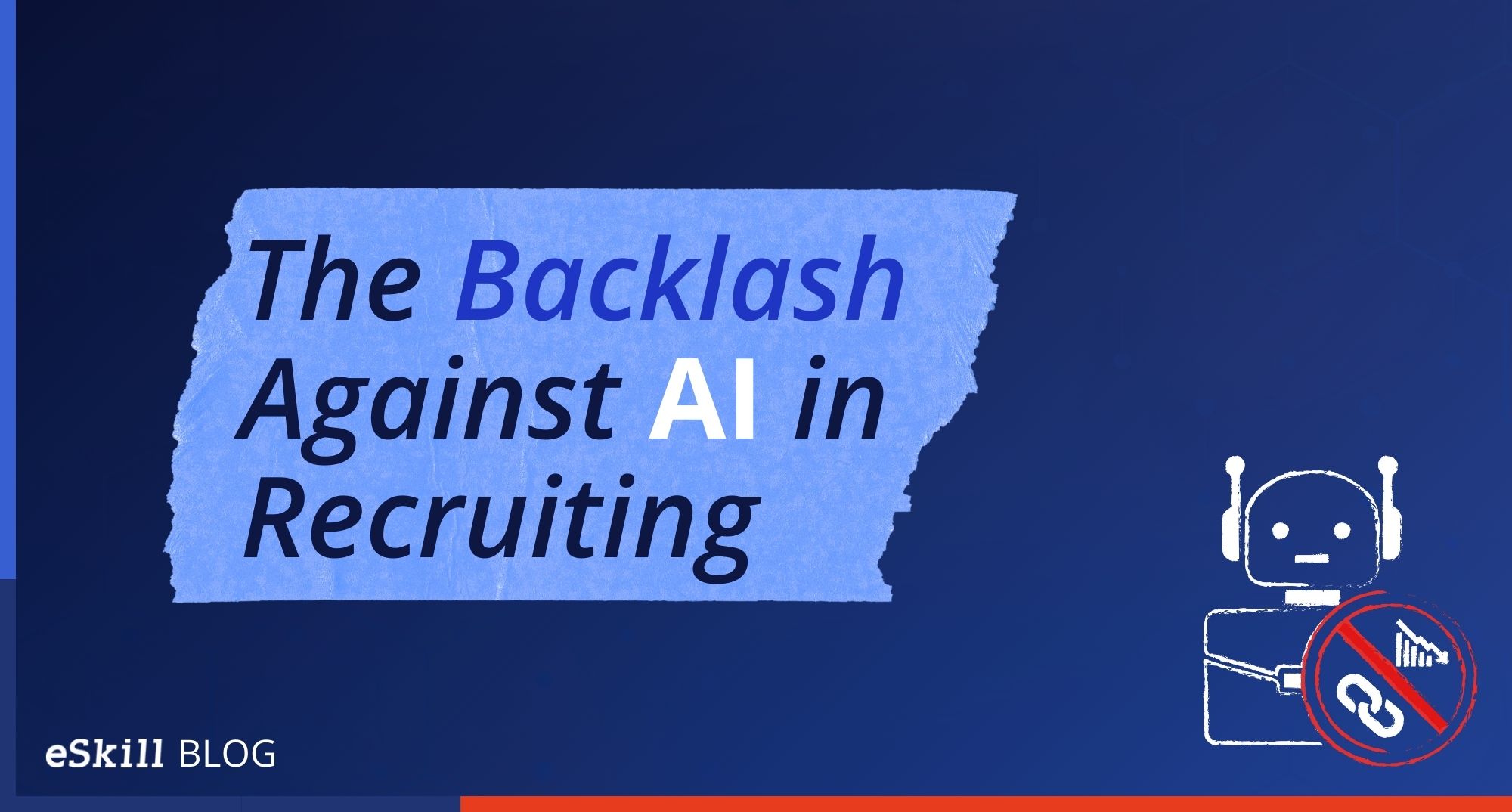Many employers are concerned about how their employees behave at work. And they should be! How an employee behaves toward customers can have a major impact on whether or not those customers ever come back; how an employee behaves toward other employees could result in lawsuits, and how an employee behaves with suppliers could result in criminal prosecution. There’s a lot at stake for employers when it comes to making sure that employees behave the way the company desires. We want employees to be both ethical and moral. The problem is that these words have different meanings to different people.
Ethics vs. Morals
Although these terms are often used interchangeably by many people, they in fact have very different meanings. According to the website Diffen, which compares things unbiasedly, ethics is:
“The rules of conduct recognized in respect to a particular class of human actions or a particular group, culture, etc. It defines how thing are according to the rules.”
The same website defines morals as:
“Principles or habits with respect to right or wrong conduct. It defines how things should work according to individuals’ ideals and principles.”
Ethics are external constructs, while morals are internal beliefs that have been formed by personal experience and learning.
We Can Enforce Ethics
Ethics are defined by company practices and also a common practice. A company can enforce ethical behavior by first defining what it means to be ethical in that specific organization. Some common ethics that most companies will want to enforce include the following: you don’t lie, you don’t steal, you don’t cheat (on expense reports or anything else), you don’t falsify information, etc. A company can specifically state its ethics policies and can hold employees to specific behaviors. As in any standard reinforcement situation, you can either reward good behavior or punish bad behavior. Most companies typically do both. You can read an example of this approach in the article by Stan Mack on Chron.com called “How to Enforce Ethical Behavior in the Workplace.” I think Mack’s approach is a bit too Draconian, and I much prefer the approach outlined in “How to Reward Ethical Behavior” on the Sustainable Business Forum, written by Matt McGonegle.
Either way, whether an employee engages in ethical behavior or not can be strongly influenced by the company. If they act correctly, they keep their job and they are rewarded. And if they don’t, they face the consequences, which can include losing their job. They may also be fined or jailed, depending on whether their behavior also violates ethical behavior as defined by other authorities, such as the federal government.
Employee Morals are Harder to Control
Because morals are internal and based on how someone was raised, it is harder to control or have an effect on someone’s morals. What I may consider to be immoral may be perfectly acceptable to someone else. Yet, we may work together as long as we do our work and abide by the ethics of the organization. Of course, there are some immoral behaviors that spill over into the unethical. At least in American business, stealing is considered immoral and violates most ethics policies. There is even a code among thieves that you don’t steal from your fellow thief. But there are many personal acts that people may engage in behind closed doors that a fellow employee may consider to be immoral, while others won’t. For example, gay marriage is considered immoral by some and is perfectly acceptable to others. How you opt to deal with these issues will be guided by your own moral code and, of course, the laws of whatever state you reside in.
Can You Screen for Ethics and Morals?
Certainly, honesty tests that have been used and validated in some situations such as courts of law, but they are not yet used on a widespread basis. You can ask candidates to undergo tests for illegal drug use, and that may screen out some who engage in behaviors you don’t want the company associated with.
One of the best screening tools I have seen used in administering a “cultural” assessment. This will give you an idea of whether a candidate is a good “fit” for your organization. Of course, this assumes that you have a very good idea of what your company culture is and that it has been documented. Without the proper baseline knowledge on which you can formulate your questions, this kind of assessment will not work.
I think the best course of action is to bring up the idea of ethics and the expectation of moral conduct during the interview process. Once the person is hired, you can then train him or her on the ethical code expected at your organization. Then, reward ethical behavior as you see it, and administrative penalties when you see the code violated. Once people learn there are consequences to their behavior, they will adjust it accordingly. I would not worry about their moral behavior until such time as it causes an ethical violation.
What about you? How do you view ethics and morality in the workplace?
Talk to sales






